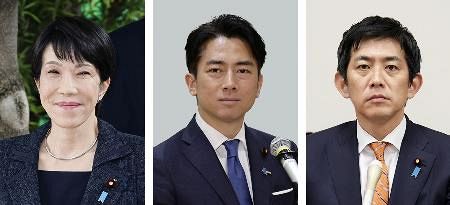Two prominent figures, Koizumi and Takachi, have emerged as key players in the post-Ishiba political landscape in Japan. This development comes after longtime leader Ishiba stepped aside, triggering a power tussle. Determining the successor is seen as a pivotal moment that will shape Japan's future policies and international relations.
Japanese citizens place significant emphasis on leadership transitions as they set the tone for future policymaking and can impact Japan's global standing. They are usually interested in the candidates' policy stances, leadership abilities, and overall reputability. The discourse often revolves around how adept these potential leaders are in coping with domestic issues while effectively managing international relations.
In the US or EU, power transitions also involve a similar process. Depending on the country's specific political structure, leadership change can happen through elections or within-party voting. There's usually a high level of public and media interest, with policy stances, leadership capabilities, and reputations being key considerations.

